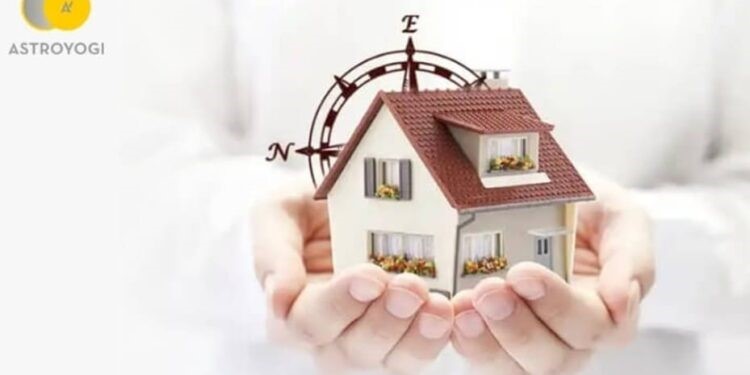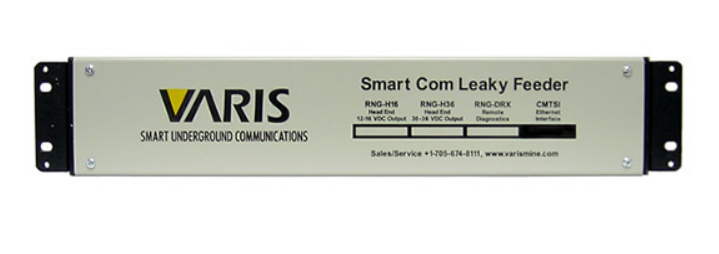Our homes are our sanctuaries, where we seek peace, prosperity, and positive energy. This is where Vastu, the ancient Indian science of architecture and design, comes into play. Vastu focuses on creating a harmonious environment that radiates positivity and balance.
When purchasing a new house, we often consider factors like size, price, and location. However, it’s equally important to check if the house is Vastu compliant. The directions and layout of a home can have significant impacts on our lives, both positive and negative. Let’s explore the different Vastu directions for a house and their effects.
North Direction:
The north direction is associated with the overall financial well-being of the family. A Vastu defect in this area may lead to financial challenges, unexpected debts, or increased expenses. It is advisable to avoid having bathrooms or clutter in the northern part of the house. Additionally, any structural changes or renovations in the north direction can disrupt the positive energy flow.
South Direction:
According to an online vastu consultant, the south direction should not contain septic tanks, sewage plants, or dining areas. Negative influences from the south may result in job loss, legal disputes, lack of recognition, or eye-related health issues. It’s important to maintain a balanced and clean environment in the southern part of the house.
West Direction:
In the western direction, it is recommended to avoid large windows, electric motors, pits, or unwanted extensions. Poor Vastu elements in the west can contribute to financial difficulties and respiratory problems. It’s crucial to ensure a balanced energy flow and create a positive atmosphere in this area.
East Direction:
The eastern side of the house is significant for gaining recognition, maintaining good health, and fostering stable relationships. Placing stairs, bathrooms, kitchens, or high-rise walls in the east can disrupt the positive energy flow and impact inhabitants negatively. It is advisable to have open spaces in the east that allow ample sunlight. Avoid any imbalanced extensions or cuts that may create Vastu defects.
Northeast Direction:
The northeast direction represents luck and prosperity. Any Vastu defects in this area can result in bad luck, family disputes, legal conflicts, accidents, or health problems. It’s important to avoid placing staircases, bathrooms, kitchens, or overhead tanks in the northeast. Keeping this area free from heavy objects helps reduce the negative effects of Vastu.
Southwest Direction:
The southwest direction is considered ideal for bedrooms, symbolizing the element of “earth.” It’s not advisable to use the southwest area for guest rooms, servant quarters, or children’s bedrooms, as it may bring about unfavorable outcomes.
Northwest Direction:
The northwest direction is suitable for bathrooms. If the bathroom is placed incorrectly, it may affect wealth and lead to health issues. Avoid having an underground water tank, kitchenette, main entrance, or temple in this direction.
Southeast Direction:
According to Vastu principles, the southeast direction is ideal for the kitchen. However, for the dining room, it’s better to choose the west direction. The entry door or gate of a south-facing home should be in the southeast.
Vastu Tips for Home:
To attract positive vibes, hang a horseshoe on the main door with its ends pointing upwards, as it is considered a good luck charm.
Place sea salt in the corners of your home to cleanse the air and eliminate negativity.
Consider placing fish aquariums in the northeast of your living room to invite positive energy.
Use pyramids on shelves or tables near the entrance to enhance decor and remove negative energies.
In conclusion, Vastu experts play a significant role in influencing the energies within a home.







